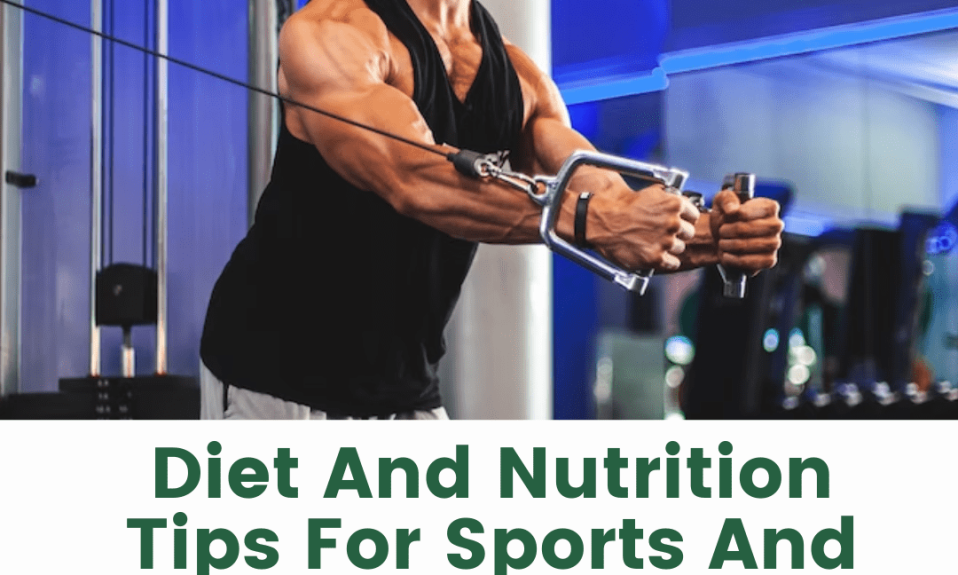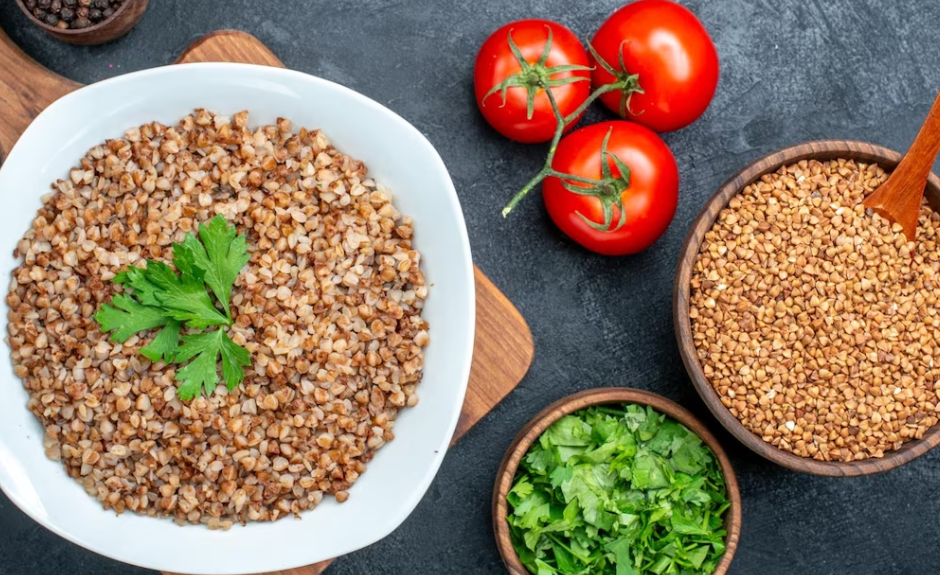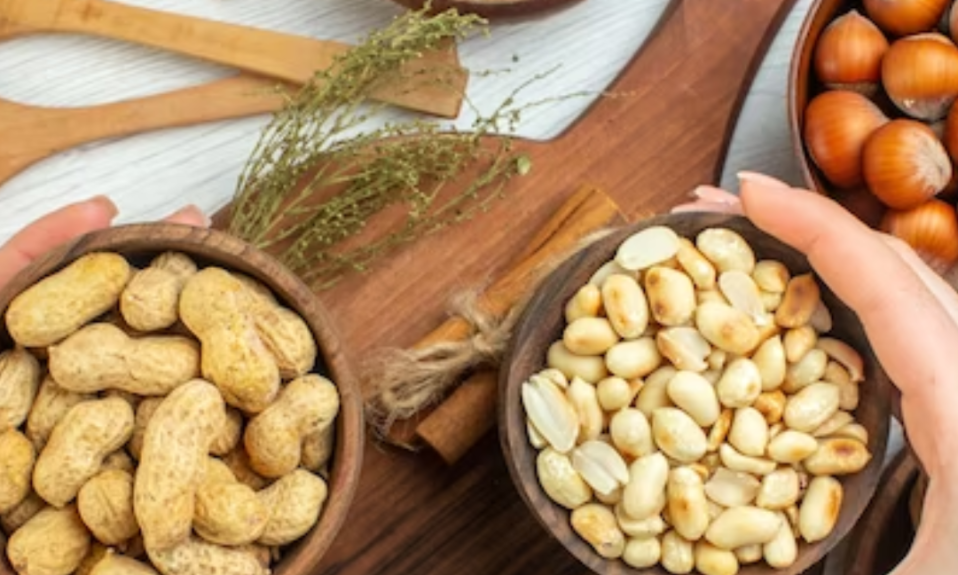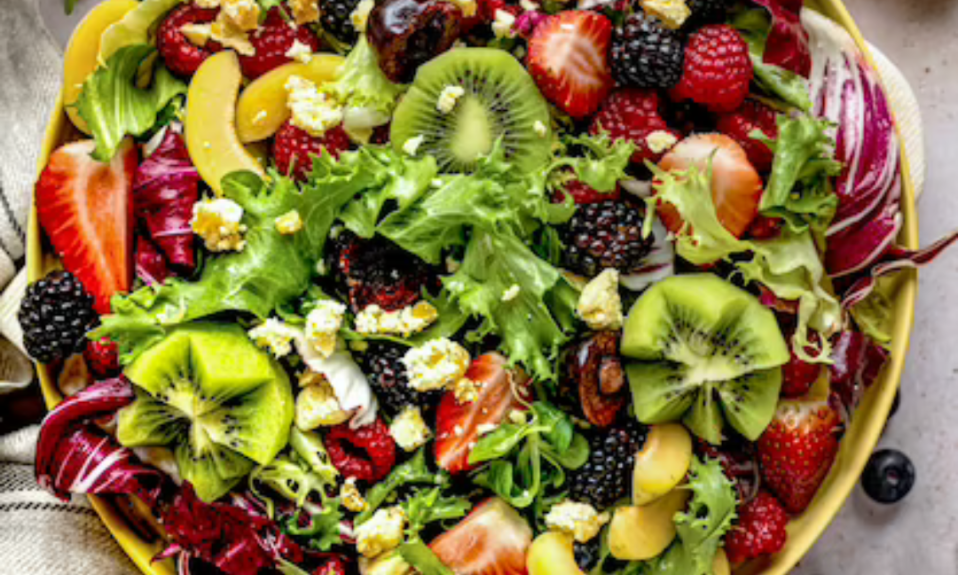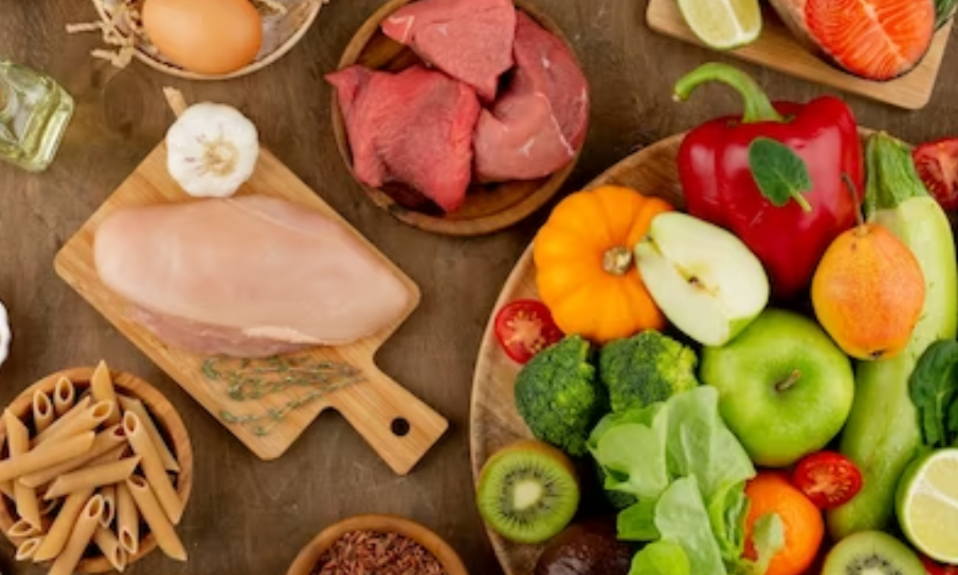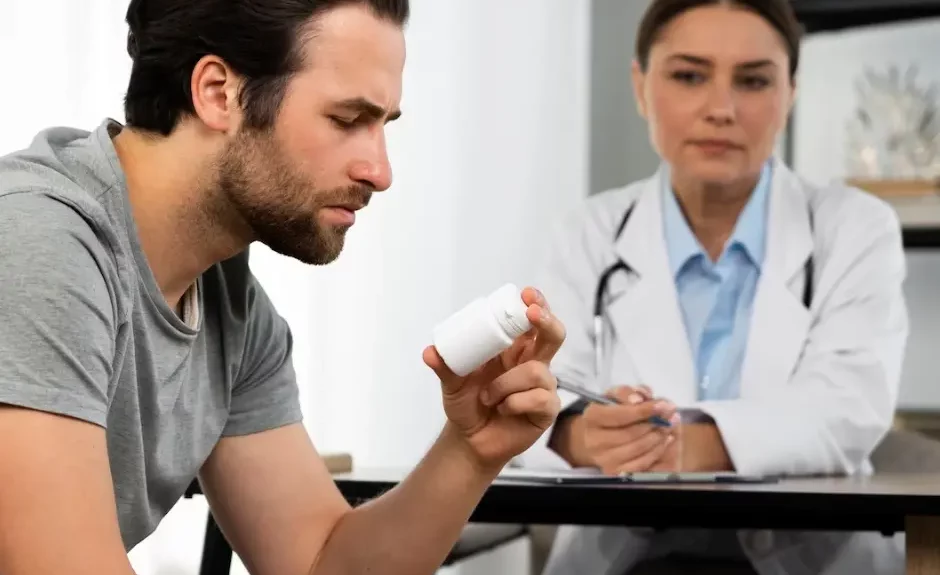If you don’t have the time or inclination to delve into the intricacies of sports nutrition, fear not!
Here are some simple tips to help you optimize your diet and fitness routine without getting bogged down in the details. Even without a deep understanding of the science behind it, you can still fuel your body effectively for peak performance.
Tips for Healthy Diet and Nutrition for Sports
-
Eat a Balanced Diet
To ensure that your muscles have the energy they need to sustain regular exercise, it’s important to nourish your body with a variety of high-quality foods.
Start your day off right with a balanced breakfast. Continue to fuel up on a mix of carbohydrates, protein, and fat throughout the day.
Carbohydrates, which are in the form of glycogen, are particularly crucial for exercise. Make sure to include adequate amounts of carbs in your diet.
The specific balance of macronutrients depends on the type of training you’re doing. Endurance athletes need more carbs, and strength athletes need more protein. Regardless of your training goals, aim to include a diverse range of nutrients in each meal.
-
Hours Before Workout
For optimal exercise performance, it is recommended to have a pre-workout meal 4-6 hours before your workout. The type of food you consume will depend on your exercise routine.
If you exercise in the evening, it is best to have lunch. Take food that consists of easily digestible complex carbs such as whole grain pasta, whole grain bread, and various fruits and vegetables. Additionally, you include a small serving of lean protein sources such as chicken, fish, or tofu.
-
30 to 60 Minutes Before Workout
It is advisable to have a small snack and some water about 30 minutes before starting your workout. It also depends on the type and duration of the exercise. As a general rule, aim for a snack that contains around 50 grams of carbs and 5-10 grams of protein.
Trail mix is a good choice for long, aerobic workouts lasting over an hour. While a shorter, intense workout requires a small amount of fuel, such as half an energy bar, a large banana, a few graham crackers, fig bars, or pretzels.
In some cases, it is necessary to eat nothing at all before a short workout, but consuming a few calories from the aforementioned options is beneficial.
-
Hydration After Workout
After exercising, it is important to replenish the fluids lost through sweat by drinking enough water.
One way to determine how much water you need is to weigh yourself before and after your workout. Then, consume 3 cups of fluid for every pound of body weight lost.
Another way to gauge your hydration status is to check the color of your urine. If it is dark and concentrated, you may be dehydrated and should drink more water.
On the other hand, if your urine is relatively clear in color, you are likely adequately hydrated. Keep in mind that thirst cues may not be as reliable during exercise as they are at rest, so it is important to monitor your hydration levels closely.
-
Eating After a Workout
It is optimal to consume your post-exercise meal as close as possible to the time when you finish exercising, especially after a long or intense workout. To replenish glycogen stores, it is recommended to have a meal within two hours after exercise.
Research has shown that consuming 0.6-1.0 grams of carbs per kilogram of body weight within 30 minutes after endurance exercise and then every 2 hours for 4-6 hours afterward can help optimize glycogen stores.
A similar benefit has been found with the intake of 1.2 grams of carbohydrates per kilogram of body weight every thirty minutes for 3.5 hours.

